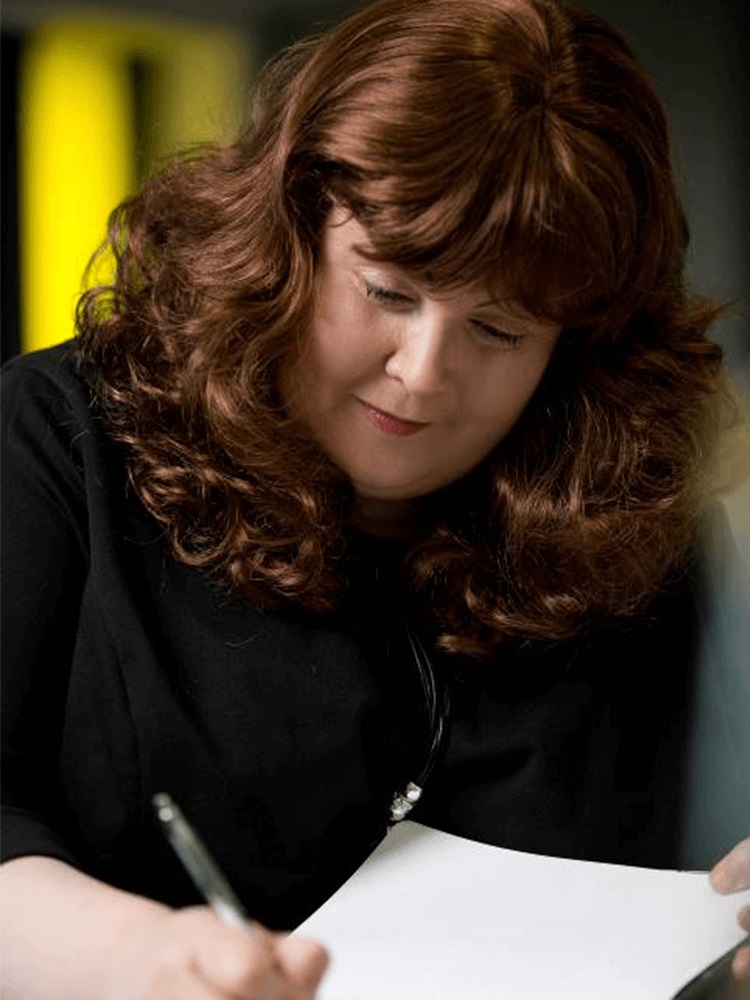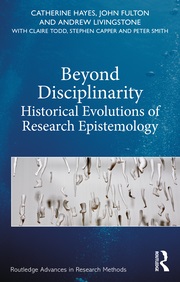Published: May 24, 2020
Written by: Professor Catherine Hayes
Within the context of qualitative research and work based research, in particular, I have been lucky enough to work in doctoral education, where challenging personally held assumptions and long held pre-suppositions is an integral part of the research process. There is no such thing as the ‘real world’ since arguably, all of human thinking takes place within the context of it, but in abstraction from purist empirical approaches, it is possible to provide a degree of transparency in the interpretation of research by knowing who you think you are, what you think you’re about and to a certain degree how both, might influence the lenses through which you look at the world and articulate its meaning to others.
The workplace as a context for research provides a rich and diverse arena of potential areas or issues that can be analysed, investigated or simply understood. In the broader philosophical backdrop to epistemology, reconciling the self with the outside world is the very beginning of all understanding.
So self-awareness ought never to be either underestimated, overstated or simply ignored if we are not to be seen to be simply grinding an axe or championing a cause in research based practice. It is also at the level of epistemic understanding that personal transformation and enlightenment best happen – that lightbulb or Eureka moment where everything falls into place or makes sense. Meaning making and facilitating people to make meaning of experience has become as central part of my academic role. When I graduated as a podiatrist in 1992, I was fortunate to work at the front line of patient care as a podiatrist for the next fifteen years as both a practitioner and then a lecturer in podiatric medicine.
What fascinated me most of all was the individuality of patients and how every single one had their own individual story, albeit many never realised they had a story worthy of telling, whilst others were the complete opposite. These narrative accounts are what we would now count as the co-construction of knowledge, from a research perspective, and they are fundamental to providing empathic witnessing in healthcare.
The concepts of reflection and reflexivity are heavily interlinked with our human capacity for understanding experience but also in being able to delineate how memories of events are often very different from how they actually were at the time.
These considerations, although not posited in such flash research terminology are also an integral part of our ethos here at the University of Sunderland, in terms of how we support students in being and becoming the very best they can be in their lives. Education stretches far beyond the here and now – we often lose sight of how education is a social science and, as such, how it fundamentally hinges on interrelationships between people and how contexts and settings can impact heavily on our capacity to learn. In relation to how we educate people in University contexts and make claims that through the learning opportunities we provide we enable: Life Changers – Knowledge Creators- Tomorrow Makers – Boundary Breakers – Learning Engagers – Future Shapers

As a member of the Faculty of Health Sciences and Wellbeing Professoriate, I am Module Leader for ‘Framing Professional Identity’ across the University’s DProf, EdD and DBA programmes.
My role in this module, alongside the supervision of doctoral candidates from across all Faculties of the University, is to facilitate mid-career professionals, and sometimes early career researchers, in understanding the influence they have as an interpreter of research findings. Part of this entails enabling higher order thinking around how and why we make assumptions in the everyday world and how if we approach thinking laterally, it can often bring a new sense of dimensionality and direction to how we approach addressing problems. Often people think of this as being quite a ‘woolly and fluffy’ aspect of philosophy but actually nothing could be further from the truth.
My role is about supporting people to systemise their conceptual level of doctoral thinking, so that they can transfer complex approaches to synthesising information to any context or setting.
I regard myself as a health professions pedagogist and I have also been extensively involved in curriculum development initiatives within the Faculty’s nursing and health programmes.
I am now continuing this with Defence Medical Academy in support of the Ministry of Defence’s education and training curricula. I have worked in the context of multi-disciplinary and professional education since graduating in 1992 myself.
Like most academics here at the University of Sunderland, I was also someone who undertook the postgraduate study I did on a part time basis, whilst working full-time, having caring responsibilities for a grandparent who lived with me, at the same time as being the mother of three daughters.
In this sense I’m ideally placed to know the very real impact that education can have in ordinary lives and how being able to think in an epistemological sense impacts not just on how we see and regard research but on how we see the world and our relatively very small place within it. This sense of perspective is both reassuring and scary at the same time and gives a sense of the time and place within which all research happens.

I am predominantly involved in qualitative research design and methodologies. Part of my role in teaching Framing Professional Identities is to ensure that people can move forward into the research phase of their doctorates understanding that epistemic bias is something to be acknowledged rather than apologise for in the context of research based practice.
Other areas for emphasis I include the need to reinforce that qualitative research approaches ought to be equally as conceptually and theoretically deep as any other research methodologies and that whilst objectivity might not be the aim of the game it is no excuse for lack of a systematised approach to research execution.
I have been privileged enough to work and supervise a range of doctoral research contexts, from pedagogy to health services research during my time here from subjects equally as wide ranging as glass and ceramics, pharmacy, nursing, global public health, autism and transformative learning.
It is great to see methodologies applied to different contexts and settings in the construction of new knowledge of the world around us and a real privilege to have worked with people from every faculty across the university at some stage of my research career here. Whoever I’ve worked with in research has taught me a great deal about how best to work with people in order to always give your best and I’m really grateful for that.
The wider context of my work includes academic scholarship, which I regard as a means of contributing to the University’s wider societal mission and values and a huge part of its civic responsibility. Ensuring that people are able to access and engage with complex research findings within the context of everyday life, means that I am also involved in the construction of knowledge surrounding awareness raising, stimulating academic and pedagogic debate and being an active contributor to research and educational fora across the globe.
I am currently at full capacity in relation to the doctoral supervision I am able to undertake but I am always keen to have conversations around potential research ideas that people may have. The best way to contact me is via email: catherine.hayes@sunderland.ac.uk